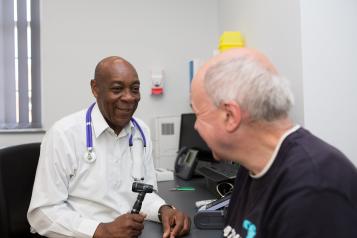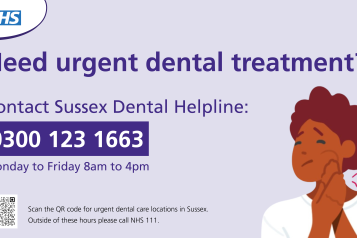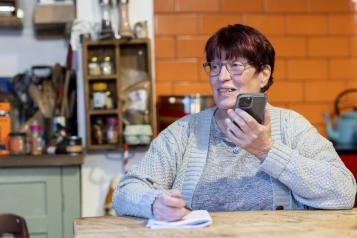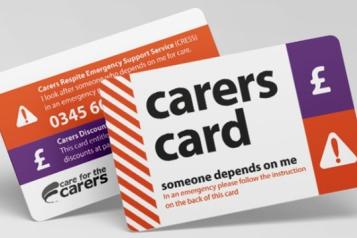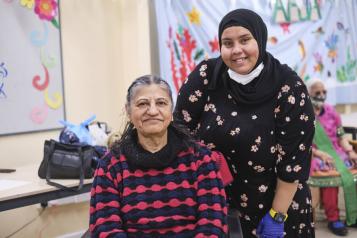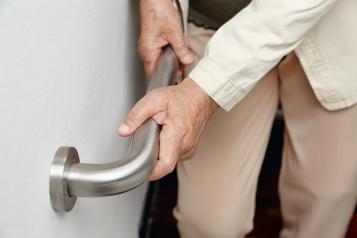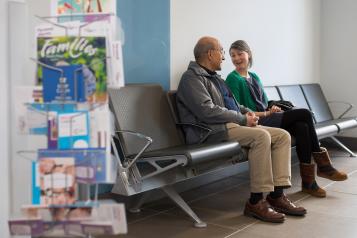The world of advocacy can be confusing, and it can be difficult to understand when you or someone you care for may benefit from the support of advocacy services.
This guide is designed to help you understand what independent advocacy is, who can access an independent advocate, when an advocate may be able to help, and how to speak with one in East Sussex.
We explain when you can self-refer and when a professional needs to submit a referral on your behalf.
